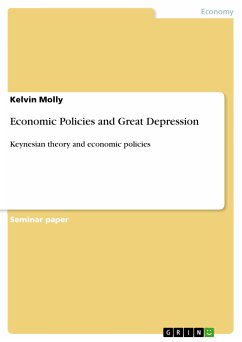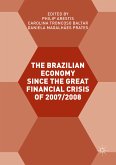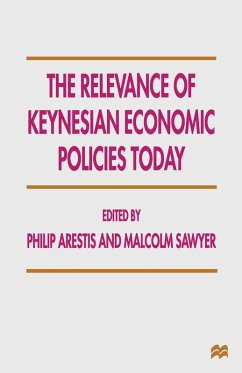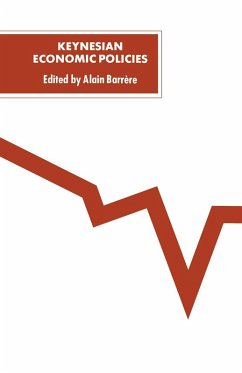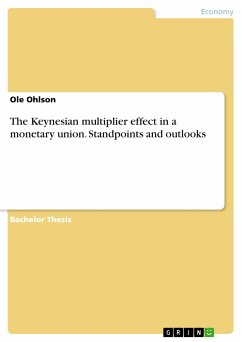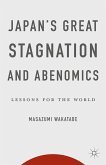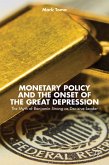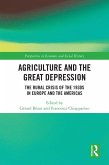Seminar paper from the year 2012 in the subject Economics - Monetary theory and policy, grade: B, King`s College London, language: English, abstract: The Great Depression resulted to the need to reexamine the economic policies that were being used by various government to control the economy. The use of market and private sector to control the economy without government intervention saw the increase in mass unemployment. Economic authorities considered adapting the various policies on monetary and fiscal to help regulate the issue. Economists like Keynes developed the Keynesian theory to help the government in correcting the great depression of 1930. Golden age of capitalism was a period of economic prosperity which happened towards the end of World War II in 1945 and lasted up to the 1970s. It was a period with high levels of employment rate and unprecedented economic trade. It was dominated by capitalism with free trade. It is also known as the post-world war II which in other ways can be regarded to as the postwar economic boom and the long boom or the age of the Keynes used to refer to the quarter century following the world war. This period ended with the collapse of the Bretton woods system in 1971, oil crisis 1973 and the stock market crash which occurred in 1974. The rise of monetarism school of thought with policies emphasizing the role of monetary aggregates in policy analysis including the distinction between nominal and real interest rates provided another view in regard to the Keynesian theory. This paper seeks to examine these key issues in the period of Great depression and thereafter.
Dieser Download kann aus rechtlichen Gründen nur mit Rechnungsadresse in A, B, BG, CY, CZ, D, DK, EW, E, FIN, F, GR, HR, H, IRL, I, LT, L, LR, M, NL, PL, P, R, S, SLO, SK ausgeliefert werden.

